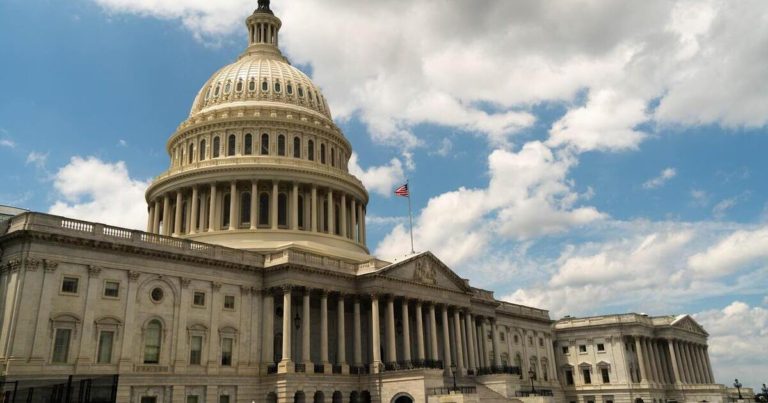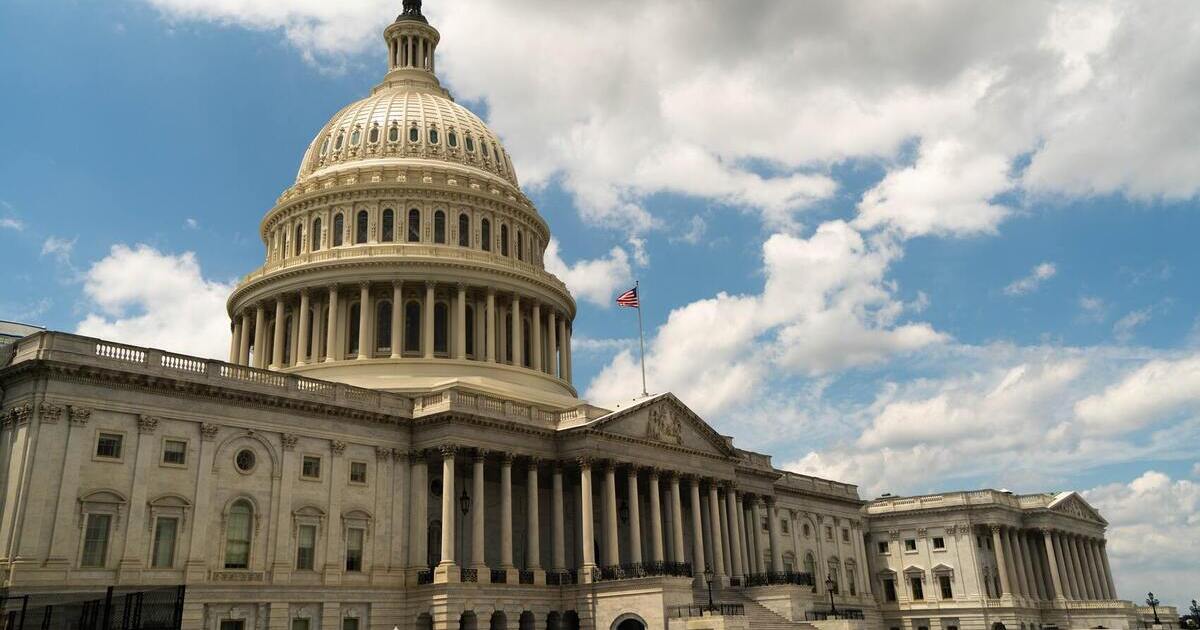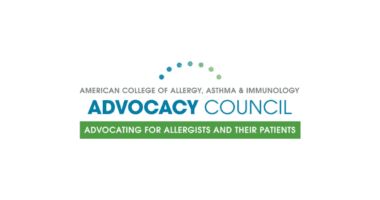The College has been working with Senator Tammy Duckworth’s (D-IL) office to develop language to modify airline emergency medical kit (EMK) requirements in hopes that epinephrine autoinjectors are included in the kits.
UPDATE: The House of Representatives recently passed its version of the Federal Aviation Administration (FAA) Reauthorization Act with strong bipartisan support (351-69). The bill now goes to the Senate for consideration. Congress must pass legislation to reauthorize the FAA before current authorization expires on Oct. 1.
Below is the language included in the final House version. While the language does not require the FAA to review EMKs at regular intervals (as preferred by Sen. Duckworth and ACAAI), it does require the FAA to review whether the EMKs appropriately address anaphylaxis, among other conditions.
Under current law, EMKs are only required to contain epinephrine vials that would be administered by syringe. Administering this epinephrine to patients requires a trained medical professional – which is not guaranteed on a flight. Our hope is the new language results in the FAA determining that EMKs must include epinephrine autoinjectors that nonmedical professionals, such as flight attendants, can administer with minimal training. This policy is supported by organizations representing aerospace medical professionals, such as the Aerospace Medical Association.

SEC. 527. EMERGENCY MEDICAL EQUIPMENT ON PASSENGER AIRCRAFT.
(a) IN GENERAL. – Not later than 12 months after date of enactment of this Act, the Administrator of the Federal Aviation Administration shall review and update, as appropriate, part 121 of title 14, Code of Federal Regulations, regarding emergency medical equipment, including the contents of emergency medical kits, and training required for flight crew.
(b) CONSIDERATION. – In carrying out subsection (a), the Administrator shall consider–
(1) the benefits and costs (including the costs of flight diversions and emergency landings) of requiring any new medications or equipment necessary to be included in approved emergency medical kits under part 121 of title 14, Code of Federal Regulations; and
(2) whether the contents of the emergency medical kits include the appropriate medications and equipment that can practicably be administered to address—
(A) the emergency medical needs of children and pregnant women;
(B) opioid overdose;
(C) anaphylaxis; and
(D) cardiac arrest.
(c) CONSULTATION. – In conducting the review required under subsection (a), the Administrator shall consult with associations representing aerospace medical professionals.
We’ll monitor the proposed bill as it advances through the legislative process and inform members of any updates.
The Advocacy Council – ADVOCATING FOR ALLERGISTS AND THEIR PATIENTS.



